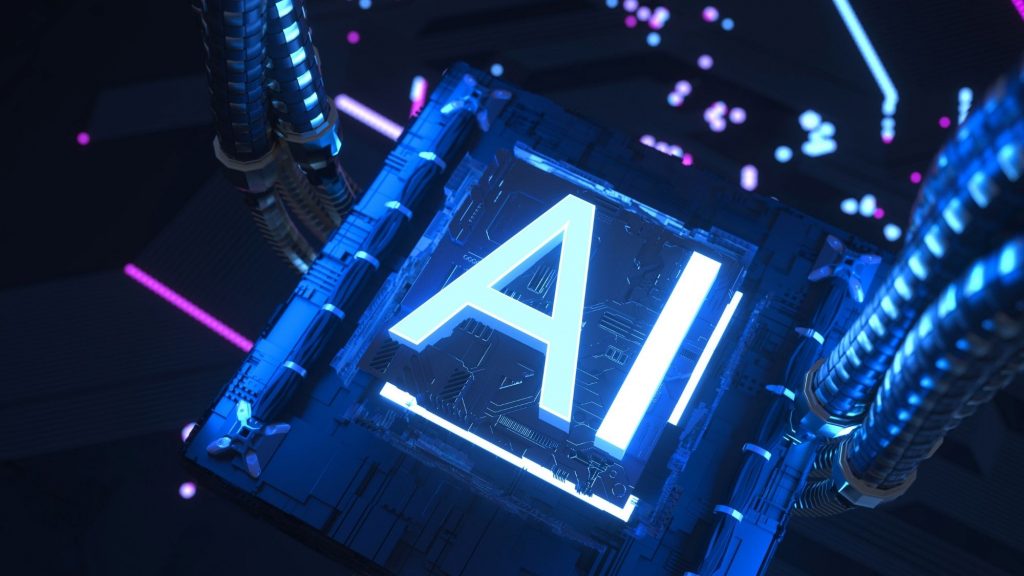Acer Africa has launched a refreshed portfolio of devices aimed at South African students, just in time for the new academic cycle. Designed for…
People-first approach needed in AI era amid unemployment

Automation, robotics and artificial intelligence (AI) can be a force for exceptional business progress, but could also cut jobs, impacting a multitude of workers and their families. Instead of cutting heads, organisations should be empowering employees with technology to become more valuable.
This is according to Johan Steyn, a technologist, management consultant and chairperson of the Institute of Information Technology Professionals South Africa’s Gauteng chapter. He is also the chairperson of the IITPSA Special Interest Group in AI and Robotics.

“Organisations need to consider how they can simultaneously improve efficiencies and their bottom line, while also empowering the people they have,” he says.
“Every business should have a roadmap for using these new technologies. They should not approach adoption as a tick box exercise without thinking through whether AI is the right technology to solve the business problem at hand. Organisations need to start with the business problem and later consider what technology addresses it.”
Steyn adds that many organisations look to automate primarily to cut the headcount.
“This is ethically wrong, but also fails to consider future growth plans, when experienced staff may be needed. Digital transformation should always be a people-first journey.”
Robots could people out of work and hope
Steyn’s warning follows a recent New Frame report that the fourth industrial revolution – in which most repetitive or labour-intensive tasks are automated – has the potential to unravel the social contract.
Lloyd Gedye reported that a recent global news story highlighted a three-year partnership between Fieldwork Robotics and French canned vegetable producer Bonduelle to develop a cauliflower-picking robot. Bonduelle operates across more than 100 countries, while Fieldwork Robotics was cofounded by Martin Stoelen, a lecturer in robotics at the University of Plymouth.
Fieldwork Robotics has already collaborated with one of the United Kingdom’s biggest soft-fruit producers, Hall Hunter Partnership, to develop a raspberry-harvesting robot.
If you type “vegetable harvesting robot” or “fruit harvesting robot” into a search engine, you will discover that Fieldwork Robotics is no mere anomaly. From Japan to Spain, inventors are ploughing the field of harvest robotics.
This is worrying considering 60% of total employment across Africa is in the agricultural sector and that even more people have suffered hunger or starvation during the Covid-19 pandemic.
Tshilidzi Marwala says robots are more reliable than humans, simply because they don’t get sick. “If the worker is a robot, it doesn’t have to social distance,” he says.
Marwala is the vice-chancellor and principal of the University of Johannesburg (UJ) and the deputy chair of the South African presidential commission on the fourth industrial revolution. He is also the author of a new book, Closing the Gap: The Fourth Industrial Revolution in Africa.
This new revolution is driven by technological developments such as artificial intelligence, big data, cloud computing, robotics and the internet of things. While it is still at the early stages of development, it is already affecting our lives.
ALSO READ: These ICT skills will get you ahead of the digital curve

